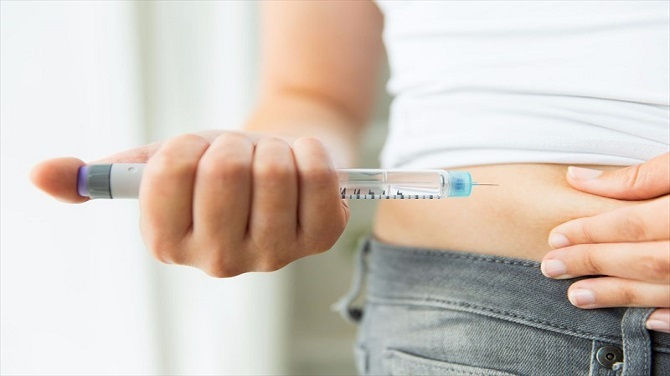Benefits of Bioidentical Hormone Therapy
- fitmedicalweight2
- Jul 31, 2023
- 3 min read

Introduction:
As we age, our hormone levels naturally decline, leading to various physical and emotional changes. Bioidentical hormone therapy (BHT) has emerged as an alternative treatment to help address these hormonal imbalances and alleviate associated symptoms.
Relief from Menopausal Symptoms:
The most well-known benefit of bioidentical hormone therapy is its ability to provide relief from menopausal symptoms. By supplementing declining hormone levels with bioidentical hormones, women may experience a reduction in hot flashes, night sweats, and mood swings, leading to an improved overall quality of life.
Enhanced Bone Health:
Estrogen plays a crucial role in maintaining bone density. As estrogen levels decline during menopause, women become more susceptible to osteoporosis and fractures. Bioidentical hormone therapy, specifically estrogen therapy, can help maintain bone health and reduce the risk of osteoporosis.
Improved Skin and Hair:
Hormonal changes during menopause can lead to skin dryness, loss of elasticity, and thinning hair. Bioidentical hormone therapy may help improve skin hydration, elasticity, and overall appearance. Some women also report thicker and healthier hair as a result of hormone supplementation.
Increased Libido:
A decline in hormone levels can negatively impact sexual desire and function in women. Bioidentical hormone therapy, particularly testosterone supplementation, has been associated with increased libido and improved sexual satisfaction.
Regulation of Mood and Sleep:
Hormonal imbalances during menopause can contribute to mood swings, anxiety, and sleep disturbances. Bioidentical hormone therapy has shown potential in stabilizing mood, reducing anxiety, and improving sleep patterns in some women.
Risks and Considerations:
While many women find relief and benefits from bioidentical hormone therapy, it's essential to understand that like any medical treatment, it comes with potential risks and considerations:
Individual Variability:
Each person's hormonal needs are unique, and determining the appropriate dosage and combination of bioidentical hormones can be complex. Working with a knowledgeable healthcare provider who specializes in hormone therapy is crucial to achieving the best possible outcomes.
Side Effects:
Bioidentical hormone therapy can cause side effects similar to other hormone replacement therapies. These may include breast tenderness, bloating, headaches, and mood changes. However, proponents argue that the side effects are often milder and more manageable than those associated with synthetic hormones.
Long-Term Safety:
The long-term safety of bioidentical hormone therapy is a topic of ongoing debate. While some studies suggest that bioidentical hormones may carry a lower risk of certain health issues, such as blood clots and heart disease, more research is needed to confirm these findings. As with any medical treatment, it's essential to weigh the potential benefits against the risks and consider each individual's medical history and risk factors.
Regulatory Oversight:
One challenge with bioidentical hormone therapy is the lack of standardized dosages and formulations. Unlike FDA-approved synthetic hormone medications, bioidentical hormones are often compounded on an individual basis, making it challenging to ensure consistency and quality control.
Breast Cancer Risk:
The relationship between hormone therapy and breast cancer risk remains a complex and contentious issue. Some studies have suggested a potential link between hormone therapy and an increased risk of breast cancer. It is essential for women with a history of breast cancer or other risk factors to discuss the potential risks and benefits of hormone therapy with their healthcare provider.
Conclusion:
Bioidentical hormone therapy can offer relief and significant benefits to women experiencing hormonal imbalances, especially during menopause. While it may provide an alternative to traditional hormone replacement therapies, it's essential to approach this treatment option with careful consideration and in consultation with a qualified healthcare provider.
Before starting bioidentical hormone therapy, a thorough evaluation of individual health status, medical history, and hormone levels is necessary to determine the most appropriate treatment plan. By understanding the potential benefits and risks of bioidentical hormone therapy, women can make informed decisions about their health and well-being during the aging process.
Bioidentical hormone therapy can potentially play a role in weight management by addressing hormonal imbalances that may contribute to weight gain or hinder weight loss efforts. However, its impact on weight loss varies among individuals, and the treatment should always be guided by a qualified healthcare provider. BHT can be a valuable tool in a comprehensive weight management plan that considers individual needs and includes healthy lifestyle choices.



Comments